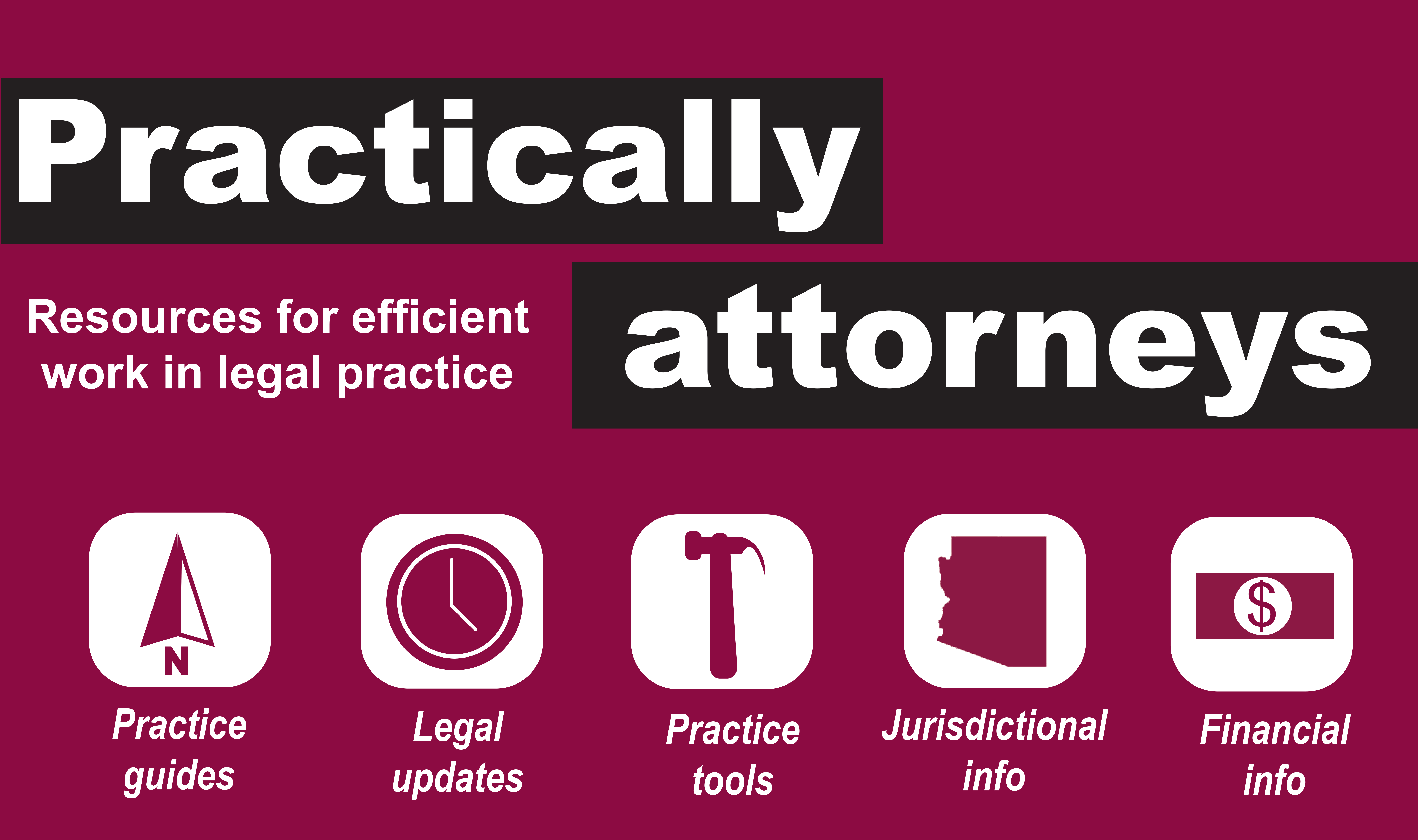 In the frenetic rush toward Thanksgiving and finals season, it may seem like you have no time for anything, but don’t forget to take a moment clear your mind, and take a deep breath. Lawyers increasingly are turning to mindfulness and meditation to relieve stress, to help them focus their attention on the present and their clients’ needs, and to stay in control in difficult situations. The Ross-Blakley Law Library’s new research guide on Mindfulness and Mental Wellness in Law School helps Sandra Day O’Connor College of Law students join this beneficial professional trend, sharpen your focus for finals, and feel better about yourself and others. It offers information about fully secular meditation practices, with resources to explain how and why it works, and how to incorporate mindfulness practices into your routine. Guides for mindful study and writing can help students succeed academically through improved focus. Organizations such as the Zen Law Students Association (ZLSA), as well as resources such as guided meditations, can make meditation part of students’ routine.
In the frenetic rush toward Thanksgiving and finals season, it may seem like you have no time for anything, but don’t forget to take a moment clear your mind, and take a deep breath. Lawyers increasingly are turning to mindfulness and meditation to relieve stress, to help them focus their attention on the present and their clients’ needs, and to stay in control in difficult situations. The Ross-Blakley Law Library’s new research guide on Mindfulness and Mental Wellness in Law School helps Sandra Day O’Connor College of Law students join this beneficial professional trend, sharpen your focus for finals, and feel better about yourself and others. It offers information about fully secular meditation practices, with resources to explain how and why it works, and how to incorporate mindfulness practices into your routine. Guides for mindful study and writing can help students succeed academically through improved focus. Organizations such as the Zen Law Students Association (ZLSA), as well as resources such as guided meditations, can make meditation part of students’ routine.
Exams, seminar papers, grad writing requirements, and final memo drafts are igniting signal flares to demand focused attention. But, try as we might to devote ourselves to study, we all find ourselves mentally juggling family and professional obligations, social commitments, personal interests, and mental noise—from innocent pop song earworms to destructive self-doubt.
It is natural to feel some pressure during law school, just as it’s natural for the mind to wander. Without grades to indicate how well we have mastered the law, what would motivate us to push as hard as we do to succeed? It’s challenging training to prepare for a challenging, rewarding profession.
Regular meditation practice can reshape your mind in many ways, improving concentration, awareness, and compassion while reducing stress and anxiety. Even if you’re not regularly practicing, taking a break to breathe can help you manage in times of increased pressure. Here are instructions to get you started, adapted from The Anxious Lawyer co-author Jeena Cho on the legal blog Above the Bar:
- Sit on the floor or a cushion with your legs crossed in front of you, upright with your spine straight. Your arms should be relaxed with your hands resting on your knees. (Palms may face downward or upward depending on your preference.) Alternatively, you may sit in a chair with your legs uncrossed and your feet firmly on the floor. You can also meditate lying down if that is most comfortable.
- Close your eyes or allow their focus to soften, and take a deep breath or two. Feel your body make contact with your surroundings, and feel the tension in your shoulders relax as you exhale deeply.
- Pay attention to your breath. Notice the sensation of the air.
- Your mind will likely wander. Don’t fret or mentally reprimand yourself; visualize the thought dissipating and return your focus to your breath. Our brains are made to produce thoughts, and law students will have a lot on their minds, particularly around finals.
- Alternative methods of focusing the brain include mentally expressing gratitude, repeating a word or phrase, or focusing attention on sensations throughout the body.
- You can set a goal to meditation for 5 to 10 minutes or more, but even short, calming breaks can provide rest and peace.
For more, stress-relieving help with your studies, memos, papers, and employer research, make an appointment to Meet with a Librarian. Some of our librarians on staff regularly engage in mindfulness and meditation practices, and Andrea Gass (algass@asu.edu) would be happy to provide more information on how ZLSA and our mindfulness resources can help you.
Andrea Gass, Law Library Fellow


